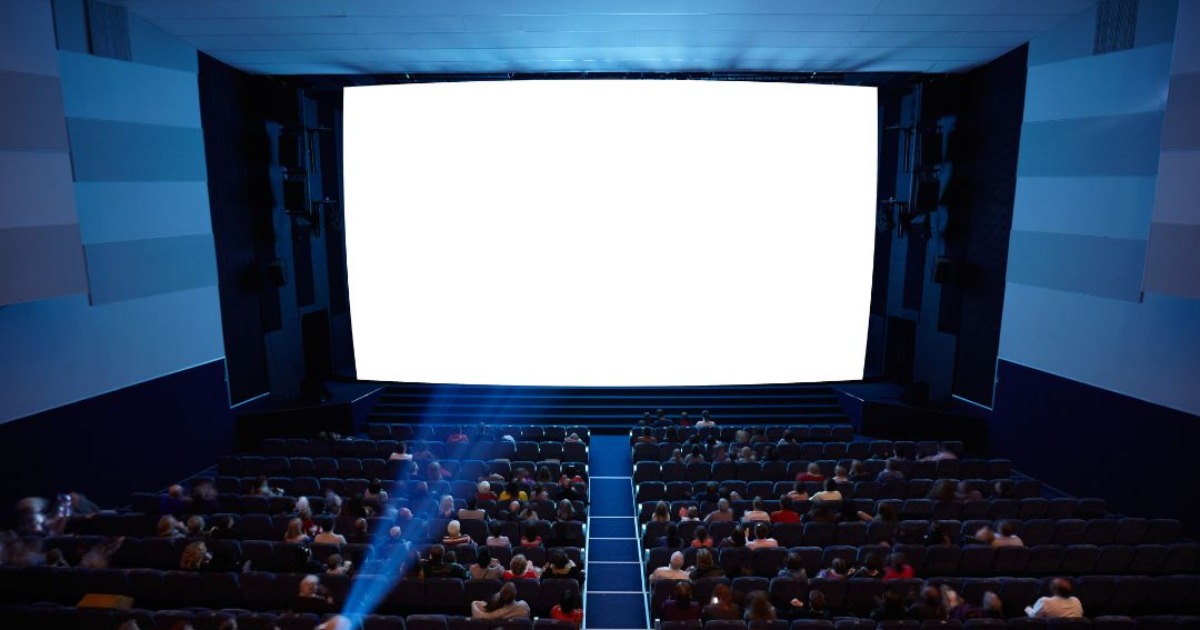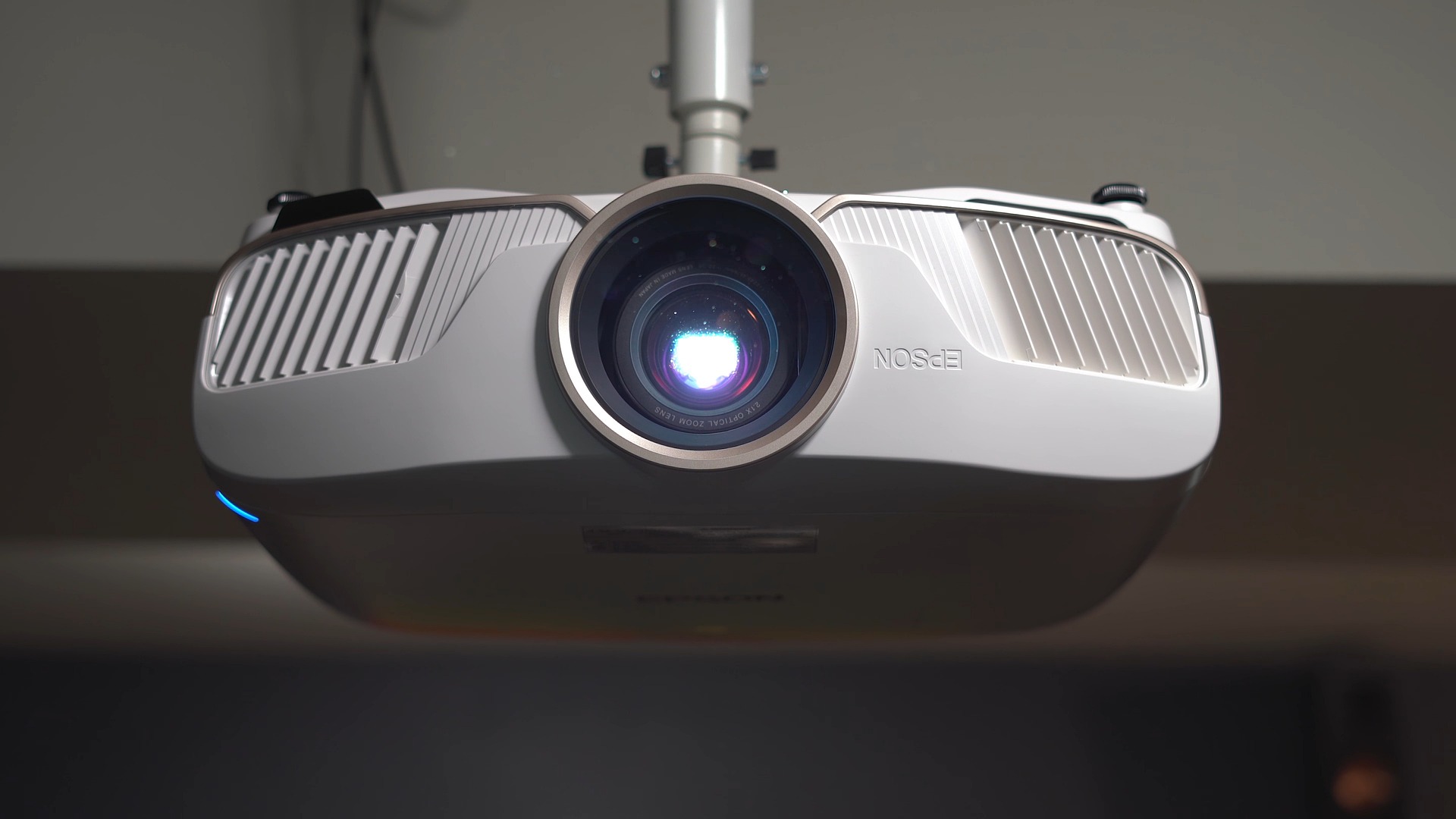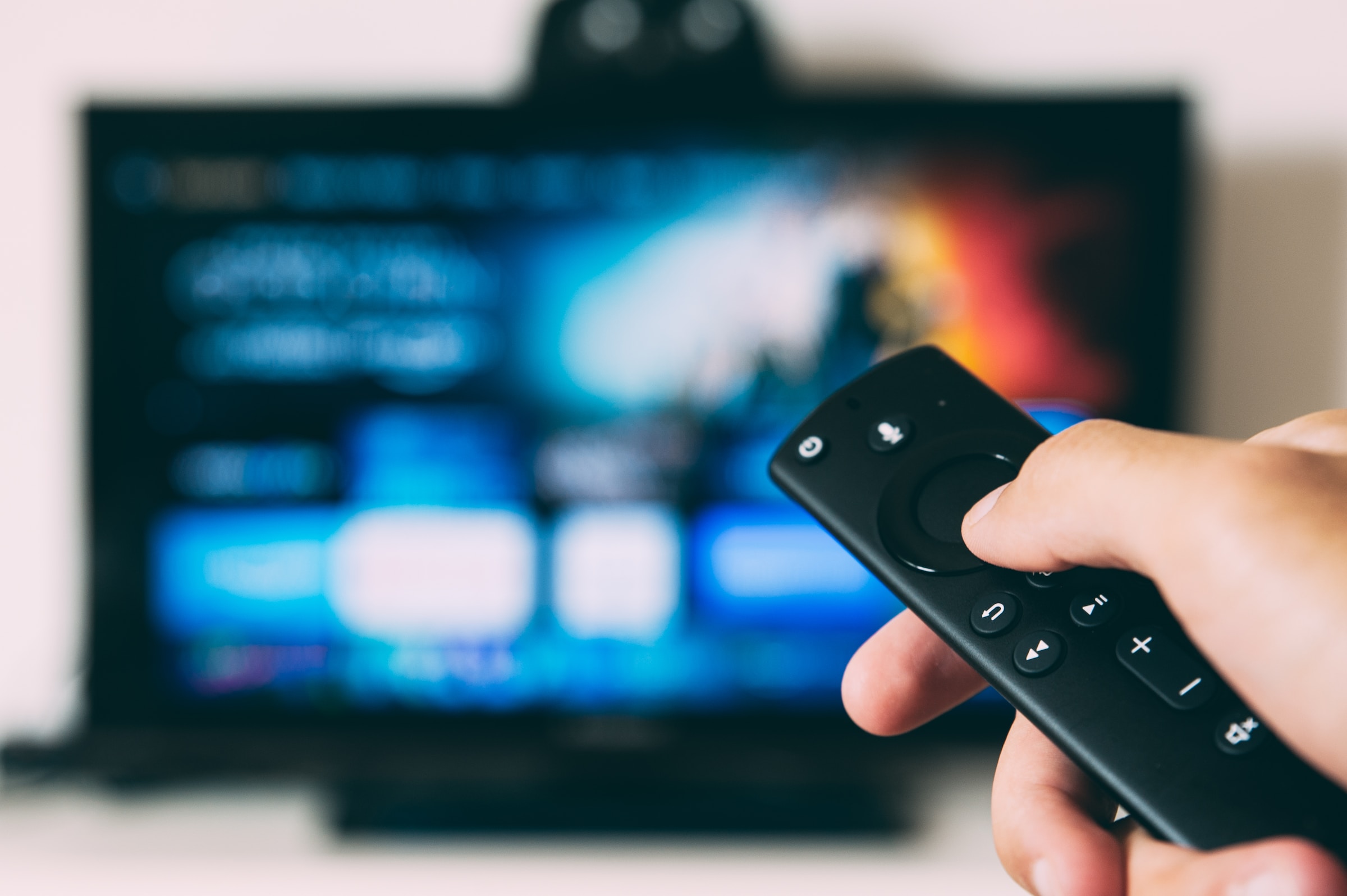Are Projectors Better Than TVs? Objective comparison
- 28 Feb 2025 03:50
- 188

In a world where technology constantly evolves, choosing projectors and TVs has become a common dilemma for consumers seeking the ultimate home entertainment experience. The question often arises is, "Can a projector be used as a TV?" It's a straightforward inquiry with profound implications for your viewing pleasure and overall home setup. In this article, we will dive straight into the core of this matter, with a comparative analysis of both projector and TV. So, carry on with your reading.
Are Projectors Better Than TVs? Let's see!
1. Size
TVs significantly trailed projectors regarding screen size in the past, but things have changed. Nowadays, you can purchase an 85-inch TV for under $3,000. On the other hand, budget-friendly projection screens typically begin at sizes around 100-120 inches, and you can find projectors that offer good brightness, accurate color display, and high resolution without breaking the bank. Therefore, while TVs are catching up in the size department, projectors still maintain a substantial lead in cost-effectiveness for achieving an impressively large screen.

2. Consider the picture quality
When it comes to picture quality, both TVs and projectors have their strengths and differences. Let's take a straightforward look.
- Contrast
TVs: Generally, TVs have excellent contrast levels. They can produce deep blacks and bright whites due to technologies like OLED and local dimming in LED/LCD TVs. Projectors: Projectors can struggle with achieving the same deep blacks as TVs, primarily because they rely on projecting light onto a screen. However, high-end projectors offer good contrast ratios.
- Brightness
TVs: TVs are known for their high brightness levels, making them suitable for well-lit rooms. This brightness contributes to vibrant colors and visibility even in daylight. Projectors: Projectors vary in brightness, with some models being more suitable for dimly lit or dark rooms. Ambient light can wash out the image on a projector screen.
- Resolution and HDR
TVs: Modern TVs offer 4K resolution and high dynamic range (HDR) content support. This results in sharp, detailed images with vibrant colors and enhanced contrast. Projectors: Projectors can also provide 4K resolution and HDR support. However, the quality may depend on the specific projector model.
- Color Accuracy
TVs: TVs generally excel in color accuracy, thanks to advanced color calibration and technologies like Quantum Dot. They can reproduce colors faithfully. Projectors: Projectors can also achieve good color accuracy, with affordability depending on the type (DLP, 3-chip LCD, or LCOS). Some lower-end projectors might not match the precision of TVs, but they are getting closer, especially in terms of color gamut and HDR capabilities.
3. Which is easier to install and use?
Installing and using TVs is much simpler and less troublesome than dealing with projectors. There's no need to reconfigure your entire room to accommodate a TV, which is necessary when setting up a projector. You can simply mount a TV or put it on the media console. This is a straightforward process for just about anyone. Moreover, when you opt for a TV, you don't need to transform your room into a dimly lit space for the image to look impressive, as is often necessary with many projectors, especially the costly ones.
4. Which Packs Better Smart Tech?
Smart projectors now come equipped with smart platforms similar to what you find in high-end TVs. Samsung, for instance, incorporates its Tizen platform into their home projectors, while manufacturers like Hisense provide Android/Google TV, resembling the experience you'd get with a Google Chromecast. Additionally, Optoma presents its app stores for you to access your preferred streaming applications. Moreover, if the platform supports Google Assistant, Alexa, or Bixby, you'll enjoy the added convenience of voice assistant functionality.

5. Which offers superior sound quality?
When it comes to sound quality, TVs typically hold an advantage over projectors in delivering superior audio. Many modern TVs have advanced sound technologies, including built-in Dolby Atmos and impressive speaker configurations, resulting in clear and immersive sound. While some projectors have built-in speakers, they often need more power and depth. To achieve superior audio with a projector, investing in a dedicated external speaker system is usually necessary, which can add to the overall cost. However, for those seeking the best audio experience, especially in larger home theaters, a separate speaker system with a projector can surpass the sound quality of most TVs.
6. Which one is budget-friendly?
There's a clear winner when it comes to price comparisons between projectors and high-end TVs. You can find an affordable OLED TV for approximately a thousand dollars, especially during sales, and it will provide a notably superior image quality compared to most projectors. To acquire the finest long-throw projector offering a genuine 4K display, you'll need to budget between $3,000 to $5,000, yet it's improbable to match the picture quality of other options.
Conclusion
The ongoing debate between projectors and TVs, each with distinct advantages, centers around the question, "Can a projector be used as a TV?" Projectors excel in screen size and cost-effectiveness for creating a cinematic experience. On the other hand, TVs shine in terms of ease of installation, sound quality, and readily available smart features. The choice ultimately depends on your preferences, available space, and budget. Whether you opt for the expansive canvas of a projector or the convenience of a TV, the goal remains the same: enhancing your home entertainment experience in a way that suits you best.
